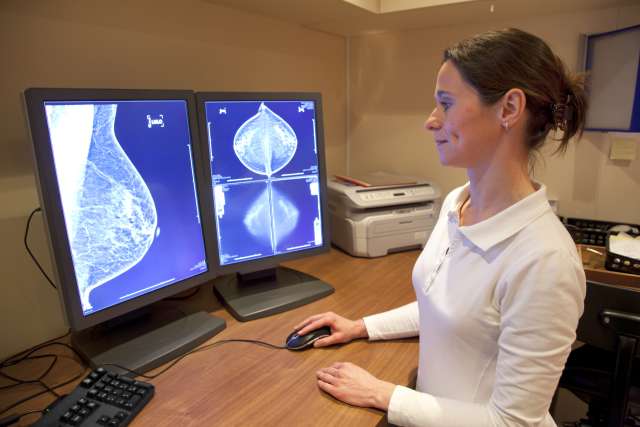A new program has proven effective at encouraging close relatives of colorectal cancer survivors to get screened for the disease themselves.
Screening can detect colorectal cancer in its earliest stages, when treatments are more effective, and can give doctors a chance to remove precancerous growths even before cancer develops.
Roshan Bastani, a member of the UCLA Jonsson Comprehensive Cancer Center, and her colleagues Beth Glenn, Annette Maxwell, Dr. Patricia Ganz and Catherine Crespi developed and tested an intervention program for first-degree relatives — that is, parents, children and siblings — of colorectal cancer survivors.
The researchers used a statewide cancer registry to recruit 1,280 first-degree relatives of colorectal cancer survivors who had not been screened for the disease recently. They sought out an ethnically diverse sample, including African-Americans, Asian-Americans and Latinos — groups of people that have often been excluded from prior research. Relatives were asked to participate in a randomized controlled trial; subjects were placed in the intervention program or in a control group.
Those in the intervention group received printed materials that informed them about available colorectal cancer screening tests and encouraging them to get screened. The materials were customized to each participant’s ethnic group.
Participants who had not yet gotten screened after six months received a one-time telephone counseling session. All participants were contacted 12 months after enrolling in the study so that researchers could determine whether or not they had received colorectal cancer screening.
The control group received the print materials after completing the one-year survey.
Colorectal cancer screening increased in the intervention group among Latinos, Asian-Americans, and non-Latino whites, but not among African-Americans. The researchers believe more targeted colorectal cancer education and intervention may be needed in this high-risk group.
The complete study is now available in the peer-reviewed journal Cancer.








